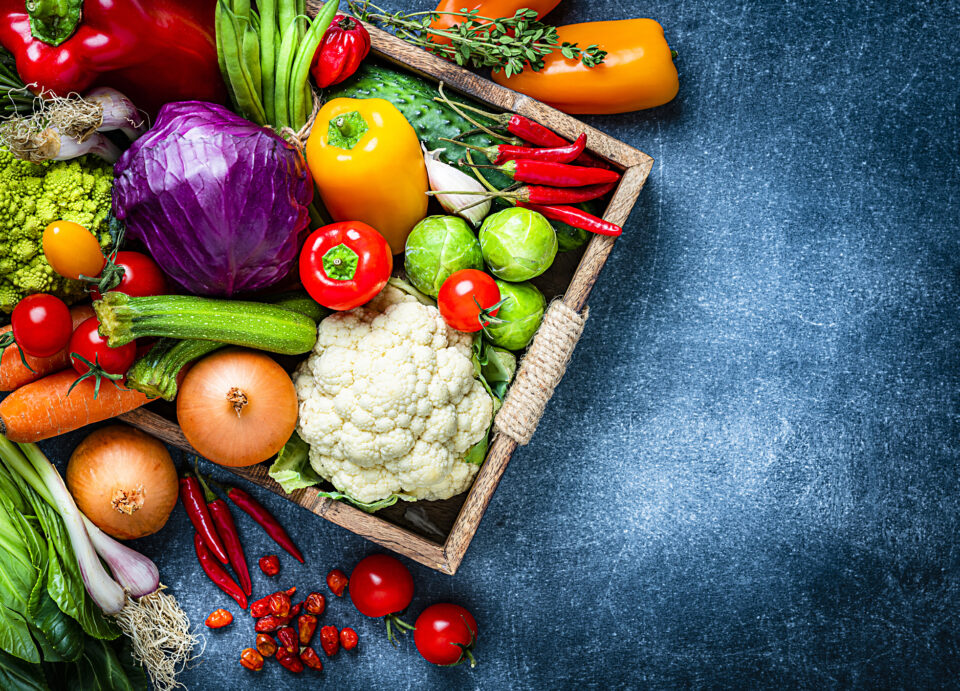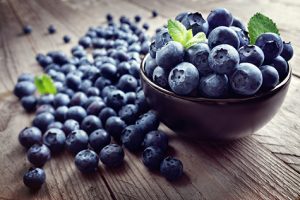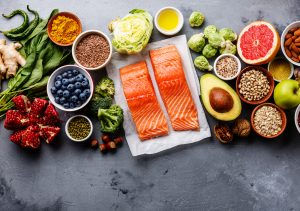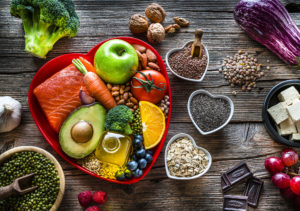Optimize Your Health with Superfoods


There is so much talk around superfoods lately and the health benefits of including them in your diet. As a doctor who specializes in anti-aging strategies, I can truly say that the addition of superfoods to your daily food intake will totally optimize your health and lower the risk of disease. That’s why I make it a priority to recommend green foods to all of my patients. Since whole foods and greens have recently become popular many questions about them still remain unanswered, so here’s a brief but informative insight to help you know more about how these foods can benefit your health and longevity.
 Superfoods – What are they?
Superfoods – What are they?
Superfoods are whole foods that have been identified by leading nutritionists, and dieticians as being high in a variety of essential vitamins, minerals and phytochemicals – the substances in all plants that give them color, flavor and disease resistance. Superfoods contain more disease fighting compounds than other foods with similar amounts of protein or fat.
Although all fruits and vegetables contain vitamins and nutrients, some contain far higher amounts of these nutritional properties. These foods have become known as superfoods and the description is obvious when you learn more about their healthy powers. It’s as though nature loaded all the nutritional necessities of food into a wonderful delivery system for everyone to enjoy.
However, even though green foods are some of the most nutrient-dense foods on the planet, most people don’t eat enough servings to reap their benefits. Greens infuse your body with easily absorbed vitamins, minerals, amino acids, fiber, chlorophyll, enzymes, and alkaline minerals that help to neutralize acids in the blood and tissues.
 Superfoods – Why are they important?
Superfoods – Why are they important?
Without getting too technical let’s take a look at the three major benefits jammed packed in all superfoods and why they are so important: antioxidants, nutrients, and fiber.
Antioxidants
Antioxidants strengthen the immune system, muscles, bones and skin by protecting the body from wear and tear. As we age, cell-damaging “free radicals” begin to form due to stress, excessive exercise, extended sun exposure, and unhealthy processed and sugary foods. Antioxidants stabilize cell-damage and minimize the damage caused by free radicals.
ORAC stands for Oxygen Radical Absorbance Capacity. This acronym is one of the critical anti- aging functions of superfoods. Experts recommend 3000-5000 points daily intake to slow down the aging process.
To give you a better idea of ORAC values see the table of Superfoods listed from USDA Agricultural Research Service, February 1999.
 SAMPLE SUPERFOODS ORAC VALUES (PER 31/2-OZ SERVING)
SAMPLE SUPERFOODS ORAC VALUES (PER 31/2-OZ SERVING)
| Blueberries | 2400 |
| Broccoli | 890 |
| Blackberries | 2036 |
| Kale | 1770 |
| Spinach | 1260 |
Nutrients
Most superfoods contain important vitamins and minerals needed in your diets but are usually lacking. They include Vitamin A, vitamin C, and B vitamin folate, magnesium and potassium. Certain superfoods also contain good carbohydrates, protein, and healthy fats.
Fiber
The recommended amount of fiber needed in a healthy diet is 25-30g/daily. The typical American usually takes in half that amount which is why I encourage eating more whole foods. They aid in digestion and the absorption of nutrients. Fiber increases insulin effectiveness and gives you a feeling of fullness while lowering your risk of disease.
 Superfoods – How can I get enough?
Superfoods – How can I get enough?
According to the America Journal of Preventive Medicine in 2007, the Dietary Guidelines for Americans was at least two servings of fruits and three servings of vegetables every day. Unfortunately, only 11% of adults in the United States met that guideline. Over the years, the guidelines have evolved and become a bit more detailed. Here is a summary of the current U.S. government dietary guidelines for 2020-2025:
- Focus on meeting food group needs with nutrient-dense foods and beverages, and stay within calorie limits.
An underlying premise of the Dietary Guidelines is that nutritional needs should be met primarily from foods and beverages—specifically, nutrient-dense foods and beverages. Nutrient-dense foods provide vitamins, minerals, and other health-promoting components and have no or little added sugars, saturated fat, and sodium. A healthy dietary pattern consists of nutrient-dense forms of foods and beverages across all food groups, in recommended amounts, and within calorie limits. The core elements that make up a healthy dietary pattern include:
- Vegetables of all types—dark green; red and orange; beans, peas, and lentils; starchy; and other vegetables
- Fruits, especially whole fruit
- Grains, at least half of which are whole grain
- Dairy, including fat-free or low-fat milk, yogurt, and cheese, and/or lactose-free versions and fortified soy beverages and yogurt as alternatives
- Protein foods, including lean meats, poultry, and eggs; seafood; beans, peas, and lentils; and nuts, seeds, and soy products
- Oils, including vegetable oils and oils in food, such as seafood and nuts
 Limit foods and beverages higher in added sugars, saturated fat, and sodium, and limit alcoholic beverages.
Limit foods and beverages higher in added sugars, saturated fat, and sodium, and limit alcoholic beverages.
At every life stage, meeting food group recommendations—even with nutrient-dense choices—requires most of a person’s daily calorie needs and sodium limits. A healthy dietary pattern doesn’t have much room for extra added sugars, saturated fat, or sodium—or for alcoholic beverages. A small amount of added sugars, saturated fat, or sodium can be added to nutrient-dense foods and beverages to help meet food group recommendations, but foods and beverages high in these components should be limited. Limits are:
- Added sugars—Less than 10 percent of calories per day starting at age 2.
- Avoid foods and beverages with added sugars for those younger than age 2.
- Saturated fat—Less than 10 percent of calories per day starting at age 2.
- Sodium—Less than 2,300 milligrams per day—and even less for children younger than age 14.
- Alcoholic beverages—Adults of legal drinking age can choose not to drink, or to drink in moderation by limiting intake to 2 drinks or less in a day for men and 1 drink or less in a day for women, when alcohol is consumed. Drinking less is better for health than drinking more. There are some adults who should not drink alcohol, such as women who are pregnant.
 If you are a veggie lover but don’t know which foods are best for you, try adding a few of these Superfoods to your diet:
If you are a veggie lover but don’t know which foods are best for you, try adding a few of these Superfoods to your diet:
- Apples
- Beans and legumes
- Blueberries and Bilberries
- Broccoli
- Flaxseed
- Garlic
- Sweet Potato (orange)
- Salmon
- Spinach
- Tea – green or black
- Tomatoes
On the other hand if you don’t like the taste of vegetables but still want the superfood health advantages here is good news! There are powders and supplement formulas with high concentrations of superfoods that will help provide you with the anti aging benefits.
There’s no excuse for not getting all the healthy nutrient-rich greens and whole foods one way or another. The most important thing is to find a way to consume the recommended daily amount of superfoods in a way that works best for you.